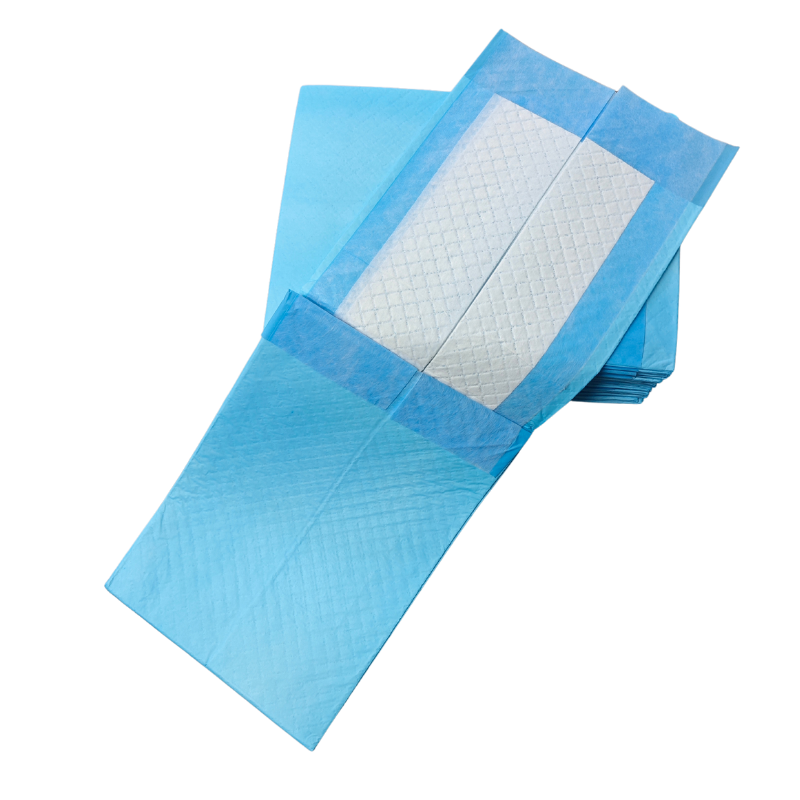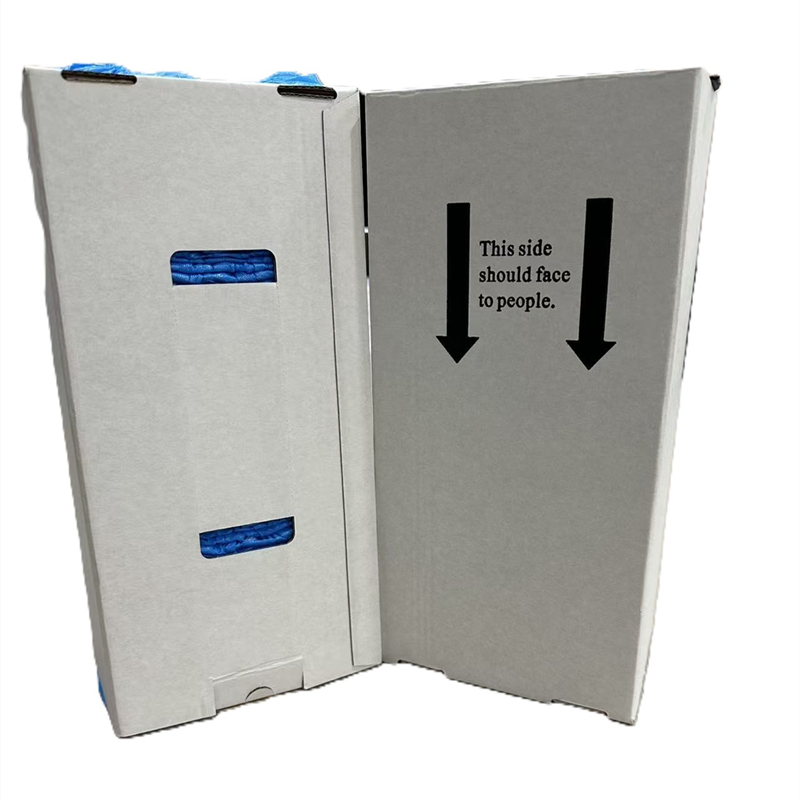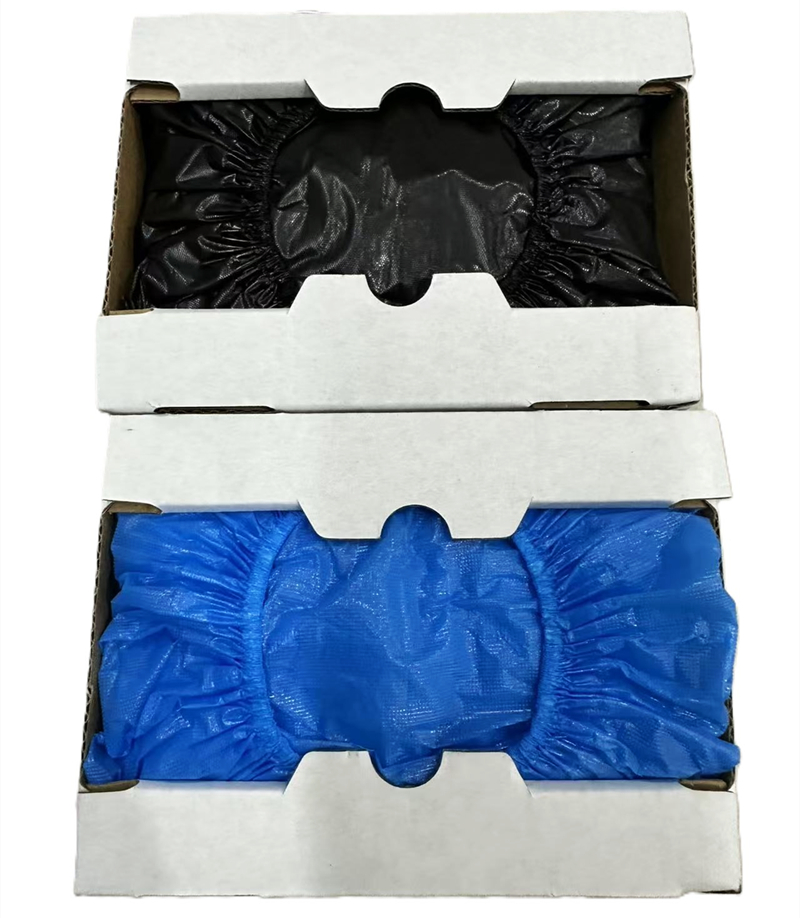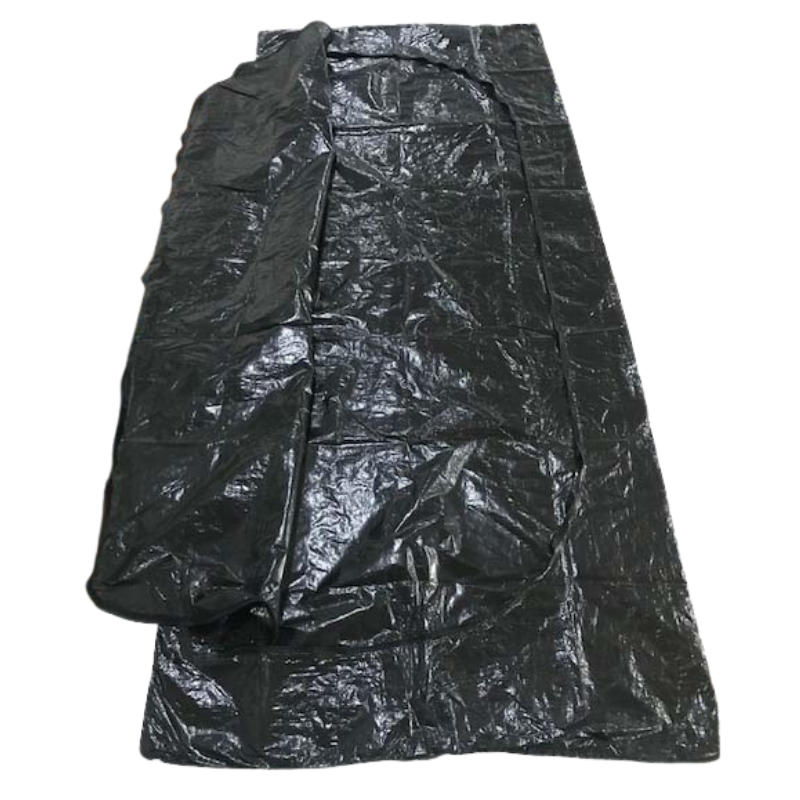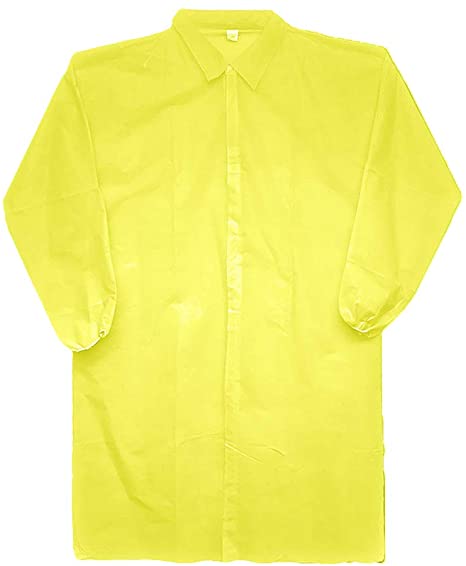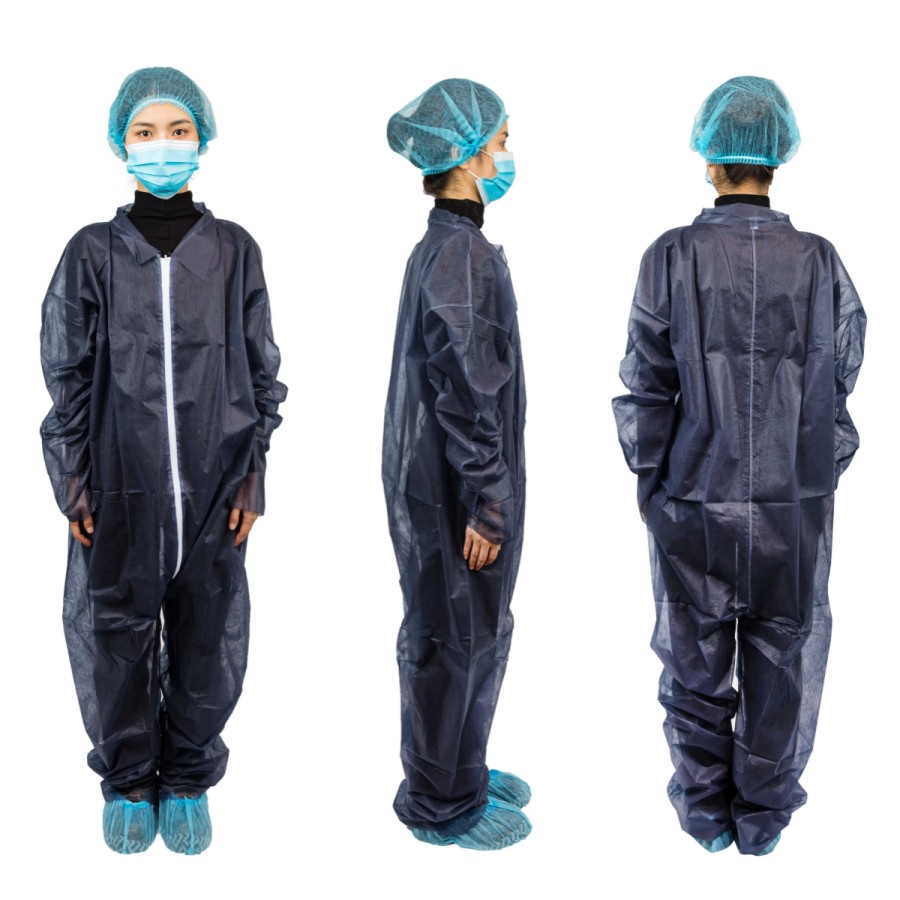Choosing a high-quality medical UnderPad is important. The right pad keeps the bed dry, protects skin, and saves time. This simple guide shows you what to check before you buy. It uses clear words so you can pick the best medical underpad for your needs.
What is a medical underpad?
- A medical underpad (also called bed pad or chux) is a disposable underpad.
- It has a soft non woven top sheet that touches the skin.
- It has an absorbent core that holds liquid.
- It has a leak-proof, waterproof PE film backing to guard the mattress.
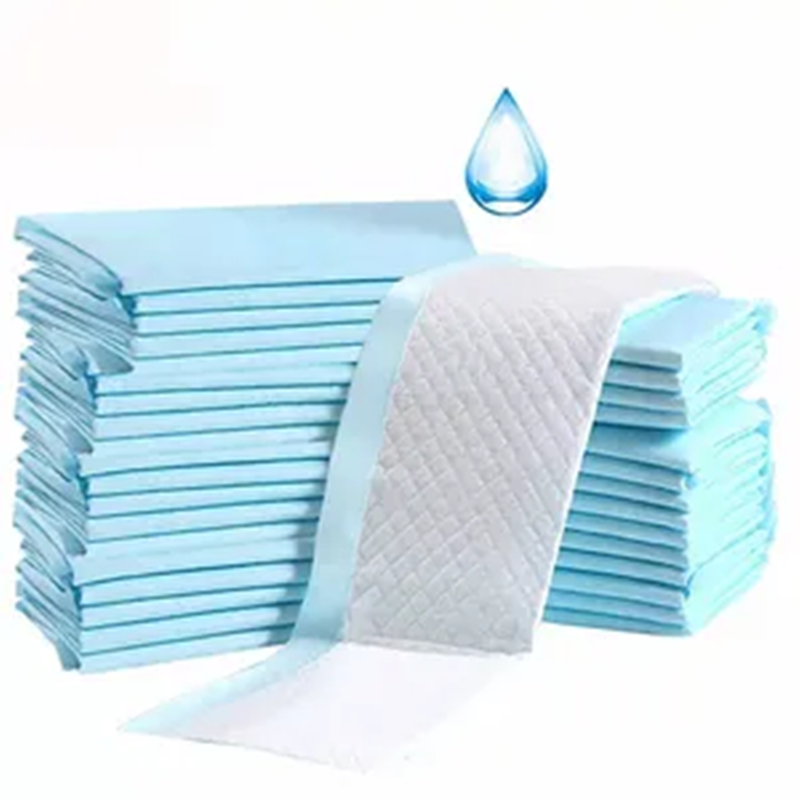
Why does quality matter?
- A high-quality medical underpad wicks liquid fast.
- It keeps the top dry and helps skin care.
- It locks fluid inside and stops leaks.
- It stays flat, so there is less friction and shear on the skin.
Key parts of a high-quality medical UnderPad
- Top sheet: A soft PP non woven or spunlace layer. It should feel gentle and breathable.
- Absorbent core: Mix of fluff pulp and super absorbent polymer (SAP). It should wick, gel, and hold.
- Back sheet: A strong PE film. It should be leak-proof and waterproof.
- Sealed edges: Tight edge sealing on all sides to stop side leaks.
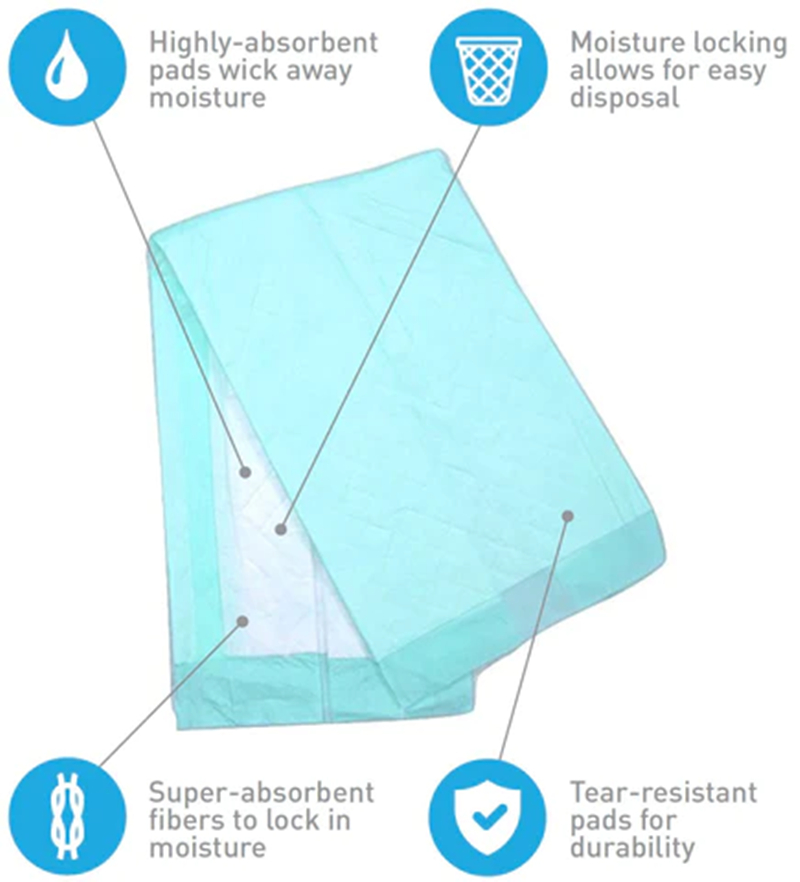
How to judge absorbency and dryness
- Look for fast absorption. The pad should pull liquid in right away.
- Check wicking. The pad should spread liquid across the quilted pattern or diamond embossing and channels.
- Check retention. The core should form a stable gel. It should not “rewet” when pressed.
- Ask about capacity (ml) and absorbency level (light, medium, heavy, overnight).
- For night or heavy care, choose a heavy absorbency pad with more SAP and fluff pulp.
Size and fit
- Pick the right size. Options include small, medium, large, and extra large.
- The pad should cover from lower back to mid‑thigh, with room at the sides.
- Wider pads help with edge leak control.
- For broader beds, see these options:
- Try an Extra large disposable bed pads size for full cover.
- For daily care in many sizes, see Disposable absorbent under pad for adult and child.
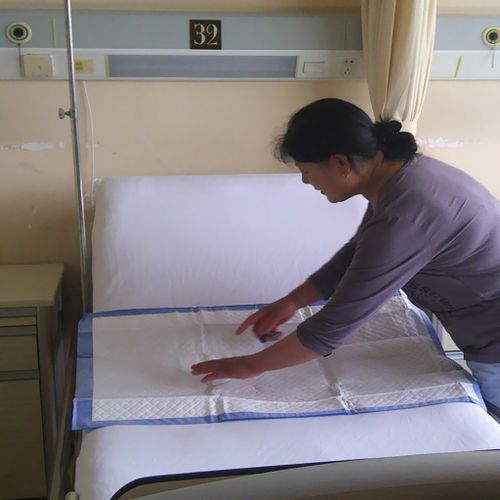
Surface design that helps
- A quilted top speeds flow into the core.
- Diamond embossing and channels move liquid away from skin.
- A stay‑dry surface helps reduce damp feel and keeps skin safer.
Leak protection
- A good waterproof back blocks seepage to the sheet and mattress.
- Look for sealed edges on four sides.
- Some pads add wings or adhesive strips to keep the pad in place. See the Disposable bed pads with adhesive strips option if you need extra hold.
Comfort and skin safety
- The top sheet should be skin‑friendly and hypoallergenic.
- A breathable design can help with heat and sweat.
- A smooth pad lowers friction and shear, which helps prevent redness.
Odor control
- A high‑quality medical underpad can help with odor control.
- Look for cores that trap moisture and reduce smell.
- Fast absorption and low rewet also cut odor.
Strength and build
- Check the GSM or weight if listed. A higher build often means more fluff pulp and thicker PE film.
- Make sure the pad does not tear when pulled. Strong seams and edge sealing matter during turns.
- For busy shifts, choose a pad that stays flat and resists bunching.
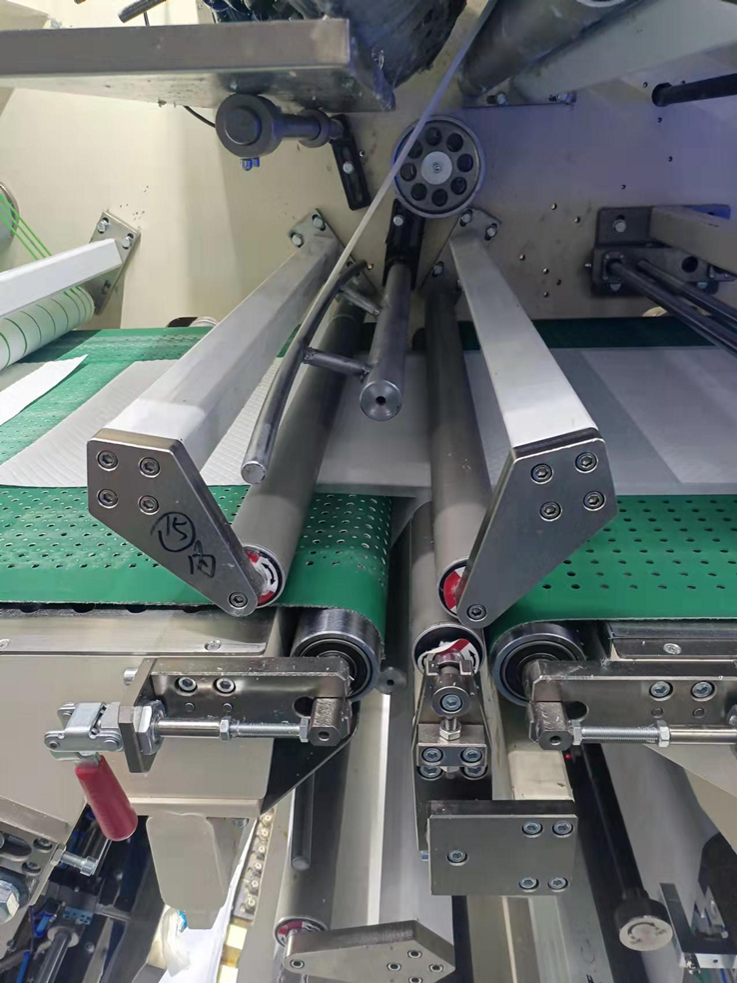
Adhesion and stability
- Adhesive strips help fix the pad to a fitted sheet.
- For turning and light pulling, a stronger build helps the pad stay in place.
- Avoid stacking many pads. One good pad works better and runs cooler.
When to use light, medium, or heavy pads
- Light absorbency: short use, quick changes, brief tests.
- Medium absorbency: day care, routine turns, mild leaks.
- Heavy absorbency: night care, long stays, heavy leaks.

How to compare types
- Disposable underpad sheet: thin, simple, fast setup. See the disposable underpad sheet for basic needs.
- Quilted bed pad: better wicking, smoother feel, stronger core.
- Adhesive pads: best when the patient moves a lot and you need hold.
- Extra large pads: helpful for wide beds, turning, and full cover.
Checklist before you buy
- Absorbency level matches the need.
- Size covers the hips and thighs with extra width.
- Top sheet is soft, breathable, and skin‑friendly.
- Absorbent core has fluff pulp + SAP for fast lock‑in.
- Back sheet is leak‑proof and strong.
- Sealed edges on four sides.
- Quilted pattern or channels for wicking.
- Adhesive strips or wings if you need hold.
- Clear info on capacity (ml) and build quality.
Tips for use and care
- Place the white soft side up and the blue or colored waterproof back down.
- Center under the hips. Smooth out all wrinkles to cut friction.
- Change the pad when wet or soiled. Do not reuse.
- Roll the soiled side in. Put in the right waste bin.
- For strong bed protection, pair with a mattress protector if needed.
Common mistakes to avoid
- Picking the wrong size. If too small, it can leak at edges.
- Using low absorbency for heavy leaks. This causes rewet.
- Stacking pads. This traps heat and makes bunching worse.
- Pulling the pad for heavy lifts. Pads are for protection and light turns.
Who needs a high-quality medical UnderPad
- Patients with incontinence care needs.
- People who sweat at night or have wound leaks.
- Bedside use during dressing change or catheter care.
- Chair, stretcher, or wheelchair use for clean surfaces.

Value and cost
- A high-quality medical underpad may cost more per pad.
- But it can save money by cutting laundry, saving time, and reducing skin damage.
- Better leak-proof design lowers mattress and linen change costs.
Simple selection flow
- Light leaks and short use? Choose a light disposable underpad.
- Day care with routine turns? Pick a medium pad with quilted flow.
- Night or heavy leaks? Choose a heavy absorbency pad with more SAP.
- Need full cover? Choose an extra large size.
Good options to explore
- For many sizes and uses, see the full Disposable absorbent under pad for adult and child line.
- For firm hold on sheets, choose Disposable bed pads with adhesive strips.
- For wider beds and extra coverage, try Extra large disposable bed pads.
- For simple, thin protection, check the disposable underpad sheet.

Final take
- A high-quality medical underpad should be soft, strong, and safe.
- It should absorb fast, lock liquid in, and keep the top dry.
- It should have a tough waterproof back and tight sealed edges.
- It should fit the bed and the need, from light to heavy absorbency.
Pick with care. Match absorbency level, size, and features to your daily work. With the right medical underpad, beds stay dry, skin stays safe, and care gets easier.

